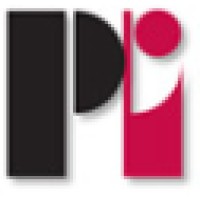
Practical Publishing
Practical Publishing International is a publisher of hobbyist craft magazines. Its titles include Simply Cards & Papercraft, Papercraft Essentials, Simply Homemade, Creative Cardmaking, Complete Cardmaking, Scrapbook Magazine, Knit Now Magazine, Love Sewing and Quilt Now Magazine. The main office is based in Stockport in the UK with an Australian arm based in Brisbane. The Brisbane office publishes the Australian editions of Simply Cards and Papercraft Essentials plus original titles Australian Scrapbook Ideas, Cardmaking in Easy Steps, Down Under Quilts and Down Under Textiles.






